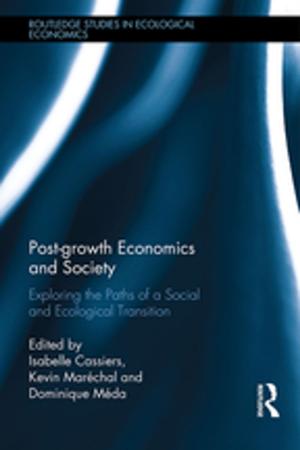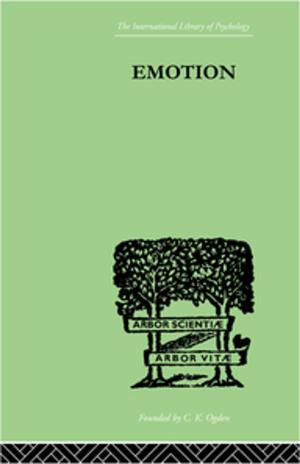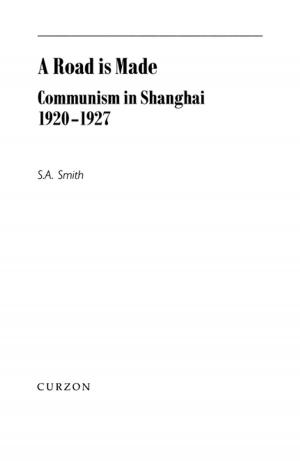Bertrand Russell and the Nature of Propositions
A History and Defence of the Multiple Relation Theory of Judgement
Nonfiction, Religion & Spirituality, Philosophy| Author: | Samuel Lebens | ISBN: | 9781351733878 |
| Publisher: | Taylor and Francis | Publication: | May 25, 2017 |
| Imprint: | Routledge | Language: | English |
| Author: | Samuel Lebens |
| ISBN: | 9781351733878 |
| Publisher: | Taylor and Francis |
| Publication: | May 25, 2017 |
| Imprint: | Routledge |
| Language: | English |
Bertrand Russell and the Nature of Propositions offers the first book-length defence of the Multiple Relation Theory of Judgement (MRTJ). Although the theory was much maligned by Wittgenstein and ultimately rejected by Russell himself, Lebens shows that it provides a rich and insightful way to understand the nature of propositional content.
In Part I, Lebens charts the trajectory of Russell’s thought before he adopted the MRTJ. Part II reviews the historical story of the theory: What led Russell to deny the existence of propositions altogether? Why did the theory keep evolving throughout its short life? What role did G. F. Stout play in the evolution of the theory? What was Wittgenstein’s concern with the theory, and, if we can’t know what his concern was exactly, then what are the best contending hypotheses? And why did Russell give the theory up? In Part III, Lebens makes the case that Russell’s concerns with the theory weren’t worth its rejection. Moreover, he argues that the MRTJ does most of what we could want from an account of propositions at little philosophical cost.
This book bridges the history of early analytic philosophy with work in contemporary philosophy of language. It advances a bold reading of the theory of descriptions and offers a new understanding of the role of Stout and the representation concern in the evolution of the MRTJ. It also makes a decisive contribution to philosophy of language by demonstrating the viability of a no-proposition theory of propositions.
Bertrand Russell and the Nature of Propositions offers the first book-length defence of the Multiple Relation Theory of Judgement (MRTJ). Although the theory was much maligned by Wittgenstein and ultimately rejected by Russell himself, Lebens shows that it provides a rich and insightful way to understand the nature of propositional content.
In Part I, Lebens charts the trajectory of Russell’s thought before he adopted the MRTJ. Part II reviews the historical story of the theory: What led Russell to deny the existence of propositions altogether? Why did the theory keep evolving throughout its short life? What role did G. F. Stout play in the evolution of the theory? What was Wittgenstein’s concern with the theory, and, if we can’t know what his concern was exactly, then what are the best contending hypotheses? And why did Russell give the theory up? In Part III, Lebens makes the case that Russell’s concerns with the theory weren’t worth its rejection. Moreover, he argues that the MRTJ does most of what we could want from an account of propositions at little philosophical cost.
This book bridges the history of early analytic philosophy with work in contemporary philosophy of language. It advances a bold reading of the theory of descriptions and offers a new understanding of the role of Stout and the representation concern in the evolution of the MRTJ. It also makes a decisive contribution to philosophy of language by demonstrating the viability of a no-proposition theory of propositions.















